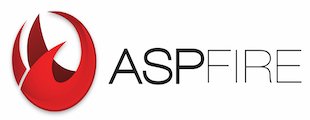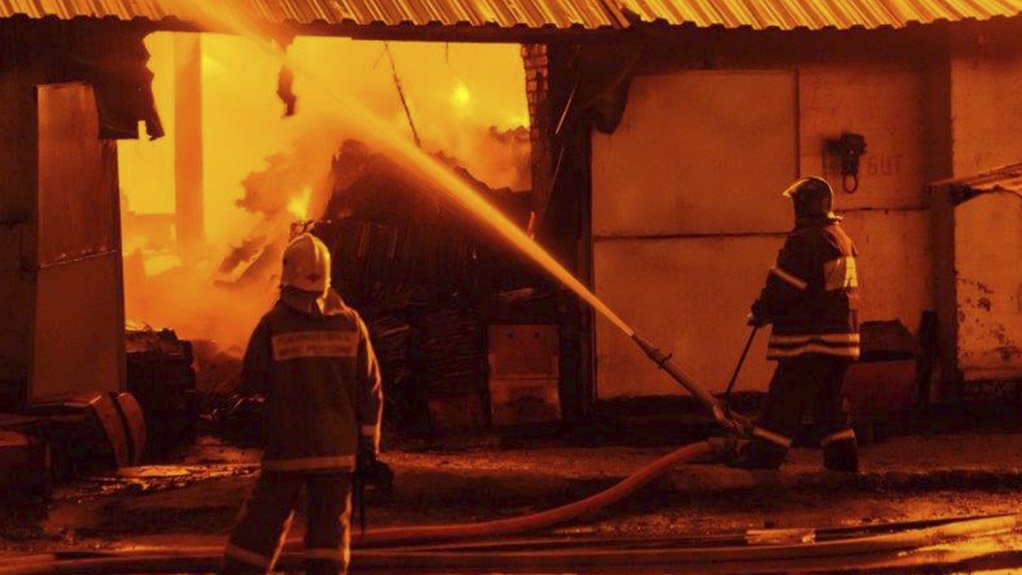A spate of apartment-building fires in the downtown Johannesburg central business district has highlighted the need for the rational design of performance-based fire-safety systems for residential buildings in particular, according to ASP Fire CEO Michael van Niekerk.
Rational design takes into account the behaviour of a building during a fire, meaning the structure must be designed accordingly, thereby minimising any potentially devastating impact. A rational design is the performance-based design of fire safety and prevention mechanisms and strategies in a building in order to provide the same or better fire safety levels as prescribed in the National Building Regulations.
A rational design commences with a fire-risk consultant such as ASP Fire visiting the premises, or reviewing a set of new building plans, to undertake a comprehensive evaluation of all areas of the property to inspect all areas of fire safety and risk in detail.
Correct and proper fire-engineering principles are applied to ensure that the design complies with the life, building, fire behavioural and environmental fire-safety objectives as required by law. All buildings in South Africa need to comply with the requirements of the National Building Regulations and Building Standards Act, 1977 (Act No. 103 of 1977), Fire Protection, as set out in SANS 10400 Part T: 2011.
Upon completion of the fire-risk assessment and drafting the rational design report, ASP Fire provides the client with practical actions to implement. The report comprises a detailed and documented objective fire-risk assessment, as well as fire-engineering calculations and analysis where required, covering all aspects of fire risk and safety.
This guides the client in protecting its business, employees, and customers by providing prioritised recommendations for action, in order to rectify problem areas and strengthen existing fire-safety procedures. It also ensures that the client complies with fire-safety regulations for the protection of life, property and the environment.
ASP Fire works closely with insurance brokers and underwriters to address fire risk based on the outcomes of the fire-safety risk assessment report. This assists in preventing damage to property and products, loss of life, financial loss, consequential loss of profit, loss of productivity and insurance repercussions.










